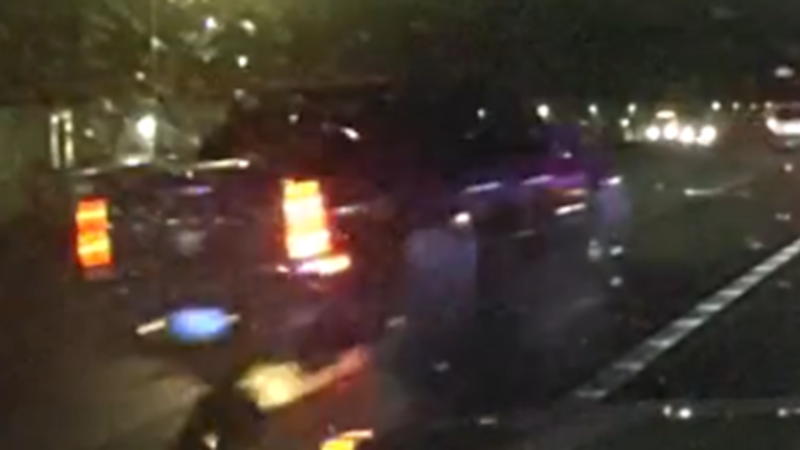Bertha has now bored more than 5,000 feet under downtown Seattle, and has stopped under one of the city’s more popular destinations.
Tunnel crews have bored 5,085 feet — out of 9,270 feet — and crews have constructed 774 rings in Bertha’s wake. It’s currently in the middle of Zone 6 — out of 10 zones. More specifically, the machine is about 200 feet below First Avenue just past Pine Street. This is nearing the deepest the machine will be on its journey under Seattle.
The block between Pine Street and Stewart Street along First Avenue is rather short, and that is where Bertha is currently undergoing a maintenance stop. There are three buildings on this block — a hotel/motel built in 1985; an apartment building, with retail below, built in 1909; and an office building built in 1986.
This spot is also one short block away from Seattle’s popular tourist destination, Pike Place Market.
After passing through Zone 6, Bertha will have passed underneath a railroad tunnel built in 1904, and a major sewer tunnel that connects downtown to the West Point Treatment Plant. It will have also passed Pike Place Market to its left.
Bertha under pressure
The stop is for more maintenance — basically, crews have to crawl around the front of Bertha to see if any of the cutter heads are worn down. There are more than 700 cutting tools at the front. The tools can weigh hundreds of pounds. This is the third and final such maintenance stop for Bertha this year.
The maintenance stop will include hyperbaric work, meaning that crews must go through a chamber and adjust to the higher pressure in the tunnel in order to do the work. It’s a lengthy process. The Washington State Department of Transportation notes that past stops have taken around seven weeks, but crews are considering stopping for a shorter time during these final stops, yet more frequently.
More headlines from KIRO 7
KIRO






